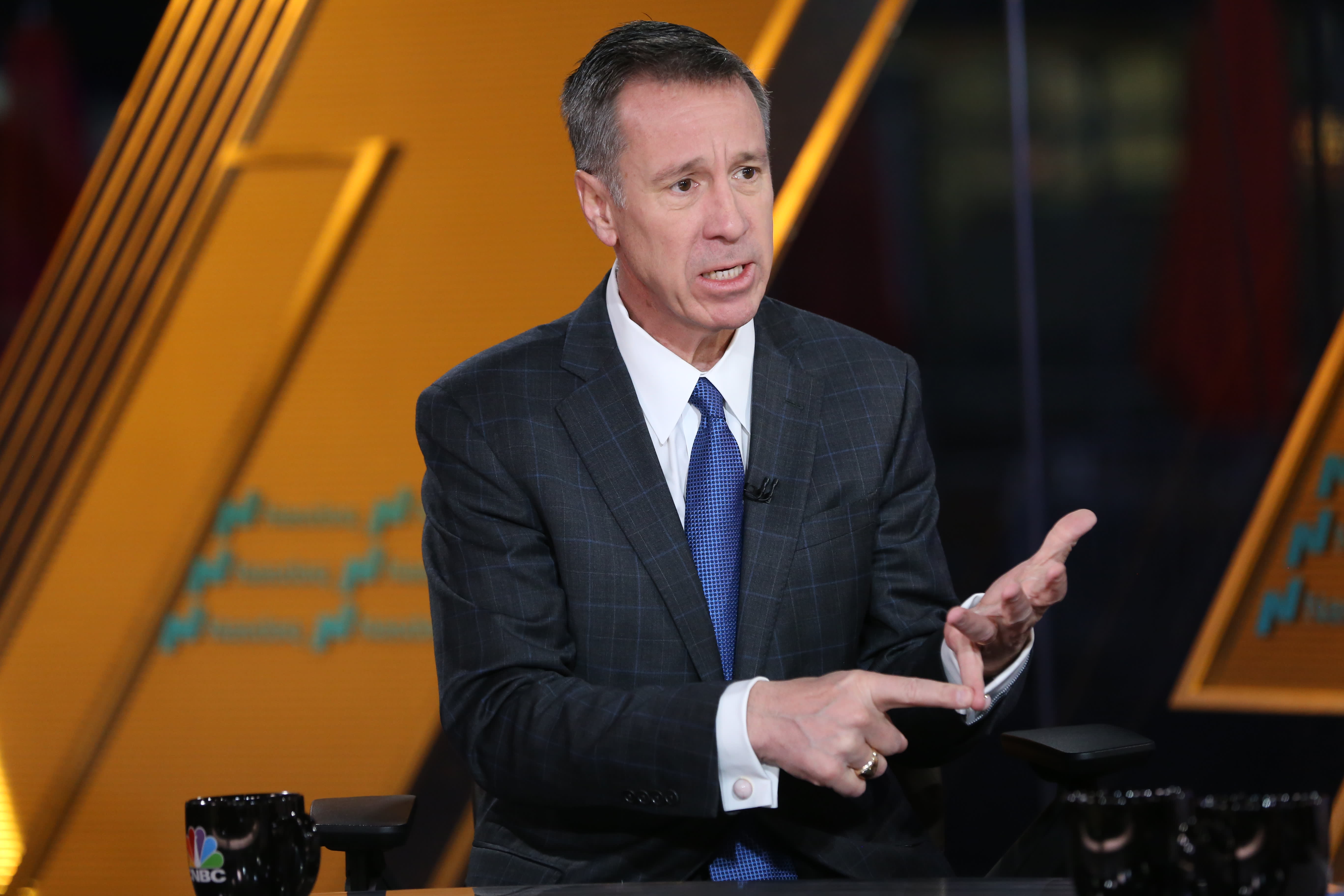This post was originally published on this site

Chinese travelers are showing some reluctance to vacation in the U.S. due to the trade war between Washington and Beijing, Marriott International CEO Arne Sorenson told CNBC on Monday.
“They don’t feel as welcome in the United States,” said Sorenson, saying their apprehension is “affecting the coastal markets,” such as New York and Los Angeles, the most.
However, Sorenson said on “Squawk Box” that with hindsight he would not have done anything differently in terms of his company’s strategy in China.
“I don’t know that we’d change anything about the last six months,” he said, despite the U.S.-China trade and economic disputes becoming more entrenched over that time period.
“We’re about 350 [or] 360 hotels open in China. We’re opening one or two a week. They tend to be at the high end. We have a very strong business in China,” he explained. “They own the real estate. We manage the real estate for them.”
Sorenson said the U.S.-China trade war is “relevant in the way we worry about it,” but the hotel sector has not really been impacted. “We don’t need protection for the hotel business.”
On Sunday, China took a firm official stance against the U.S. on trade, issuing a white paper that illustrates a widening gap between the two sides. The document labels the U.S. as an untrustworthy negotiator, with China’s vice commerce minister saying at a news conference, “the U.S. has backtracked, and when you give them an inch, they want a yard.”
Last month, President Donald Trump announced that tariffs rates on $200 billion worth of Chinese goods would go up from 10% to 25%. The U.S. has also begun investigating whether $300 billion of other Chinese goods could be subject to tariffs. China has put reciprocal tariffs on U.S. products.
In a widening scope beyond trade, the U.S. also put Chinese telecom giant Huawei on an list that essentially prevents it from conducting business with U.S. companies.
As for the American economy, Sorenson said: “We’re about two-thirds U.S., a third the rest of the world. I think when you look at ‘the economy’ broadly at various places around the world, the U.S. is steady but moderate.”
The economy is not as strong as the market first thought in January and February and not as weak as the market has been signalling lately, he said.
However, Sorenson said: “I think the consumer is still fairly robust. I think we’re seeing international rivals to the United States decline or decline relative to the rest of the world.”
Earlier this month, Marriott announced that Sorenson was diagnosed with stage 2 pancreatic cancer, but will continue in his role while being treated.
He told CNBC on Monday: “I feel great. It’s one of the things that makes this battle a little bit surreal is I almost won’t even know I was fighting it.”
“But I’m in the midst of round three, it starts tomorrow, of chemo. It’s good to be engaged in the battle. We’ll take it one day at a time. I feel great. I’m working everyday,” Sorenson added.
CNBC’s before the bell news roundup
SIGN UP NOW
Get this delivered to your inbox, and more info about about our products and services.
By signing up for newsletters, you are agreeing to our Terms of Use and Privacy Policy.




